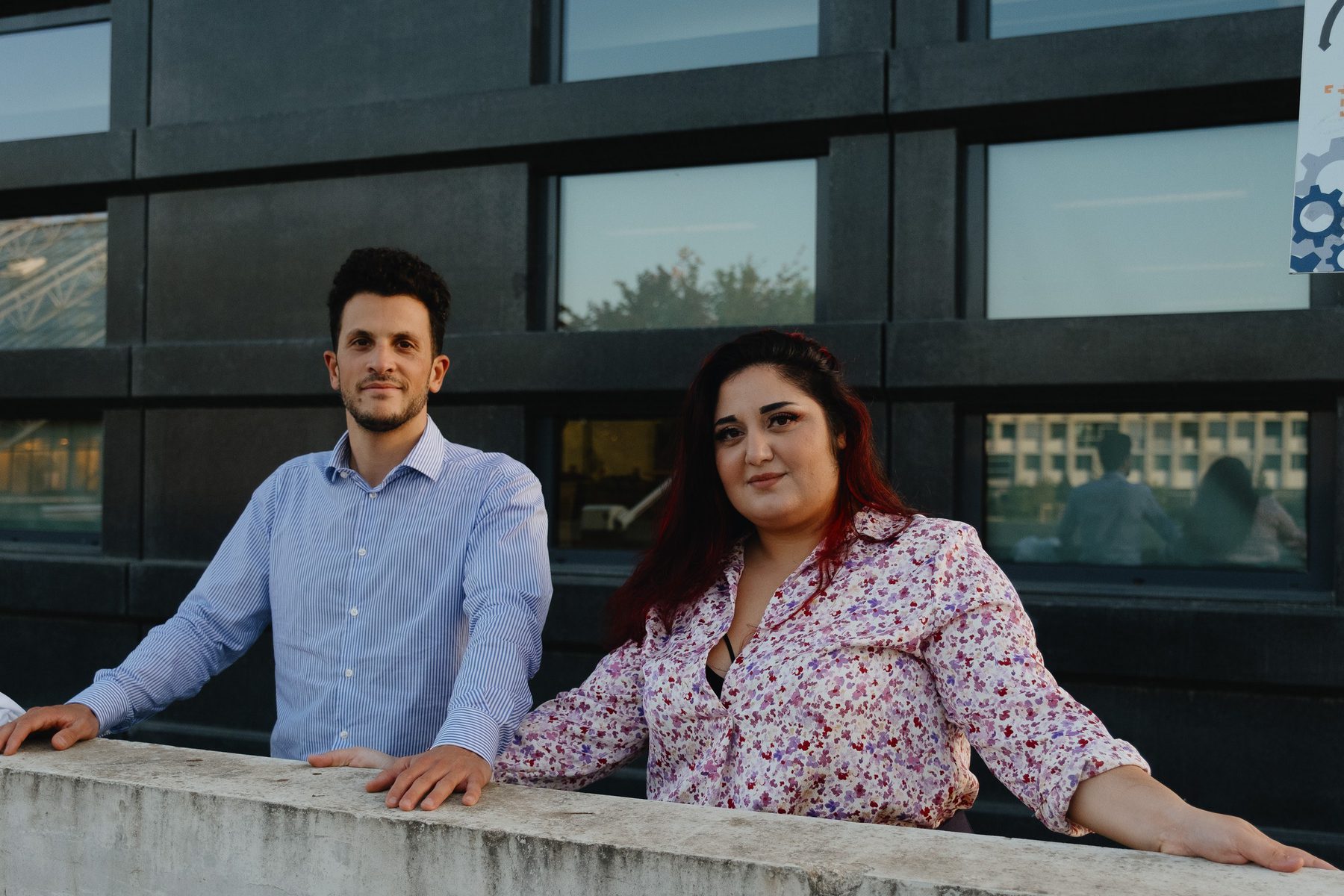Transforming the critical metal supply chain with genetically enhanced plants
Nickel is among the critical metals of the energy transition, crucial to the batteries at the heart of electric vehicles and grid storage. But as global demand rises, the conditions of its extraction are becoming more challenging. High-grade ore bodies are harder to find—raising capex costs, extending project timelines, and increasing the geographic concentration of supply. About 60% of the world’s nickel now originates in Indonesia, at mines predominantly operated by Chinese joint ventures.
This pattern now typifies mineral supply chains worldwide. Desirable metals may exist in soils everywhere, but the means to economically extract them do not. Despite industry efforts, mining still fundamentally relies on moving tons of mass to collect pounds of metal—leading to significant environmental and political externalities. “The dream of any mining engineer is the reinvention of this process, which is so critical to nearly everything we produce and consume,” says Fabien Koutchekian, co-founder and CEO of Genomines. “We are always looking for a way to extract metal below the cut-off grades past which mining is economically inviable. If we can do that, we can throw out the maps.”
Genomines, a biotech startup based in Paris, is pioneering the commercialization of a radical alternative to mining nickel: using genetically enhanced hyperaccumulator plants to extract metals through biological processes. In place of the explosives, excavators, and conveyor belts of conventional mining, Genomines employs the productive methods of agriculture. Its proprietary bioengineering platform enables a lower-carbon, non-destructive and regenerative approach that cultivates underutilized land—unlocking mineral extraction sites in new regions and mitigating geopolitical risks to critical material supply chains. “Our first objective is to produce metal at a competitive cost in new geographies,” says Koutchekian. “But the positive consequence is the creation of a process that allows the metal industry to fundamentally reduce its environmental impacts.” Adds co-founder and CTO Dali Rashid, “Our platform represents a true innovation in mineral extraction, creating a new pathway for all critical minerals that are challenged geopolitically, sustainably, or with high points of failure in their supply chains.”
Genomines originated out of Entrepreneur First, the global talent investor and startup incubator. With a PhD in plant biotechnology and bioengineering from Paris-Sud University, Rashid saw the potential in plants that naturally absorb high concentrations of metals. As a serial entrepreneur with experience in the mining industry, Koutchekian saw the strategic and commercial value in being able to mine where others cannot. Working together, their challenge became to establish the economic viability of phytoextraction—bioengineering hyperaccumulating plants to increase their yield, and refining the harvesting process to produce a concentrate that matches existing industry parameters. With those thresholds met, the opportunity came into view: they could produce critical metals with lower capital intensity, lower cost per ton, and faster timelines than traditional approaches. And they could do it in new geographies, exploiting land that would otherwise be too high in heavy metals for agriculture and too low-grade for conventional mining.
Genomines' first generation of bio-enhanced plants, part of the Asteraceae family, which includes daisies and sunflowers, are modified to be larger and to absorb more metal. After genetically sequencing the plant’s DNA and transcriptome, Genomines used synthetic biology to improve its ability to extract metals efficiently. An in-house microbiology team worked to identify and develop strains of bacteria and fungi that further enhance metal uptake, while optimizing growth with limited use of synthetic fertilizer. After harvesting the plants, Genomines processes the entire biomass using proven recovery methods, optimized for lower emissions. The resulting battery-grade outputs are ready for existing supply chains, positioning the company for commercial-scale operation. “We're not innovating in terms of product, we're innovating in terms of process,” notes Koutchekian.
Crucially, phytomining promises to redraw the map of mineral extraction. The current paradigm of multi-billion-dollar capital expenditures and decade-plus development timelines has renewed concern about the long-term viability of mining sites, even in traditionally stable locations. By shifting to an agricultural process, Genomines can open productive and profitable sites at far smaller scales, allowing producers to hedge financial and geopolitical risks. Minimal infrastructure needs and a different regulatory pathway reduce startup timelines to 1-2 years, drastically speeding time to market.
Genomines’ phytomining innovations offer a faster, more flexible, and less risky path to securing critical metals. More than just reducing the emissions of conventional mining, Genomines sees the potential to shift the arc of the energy transition. “If we produce more metal, the industry will be able to manufacture more batteries, and at a cheaper cost—and therefore the rate of electrification will increase,” says Koutchekian. “When you're working with biomimicry—when you get inspiration from nature—the positive externalities are just a consequence of your job.”

